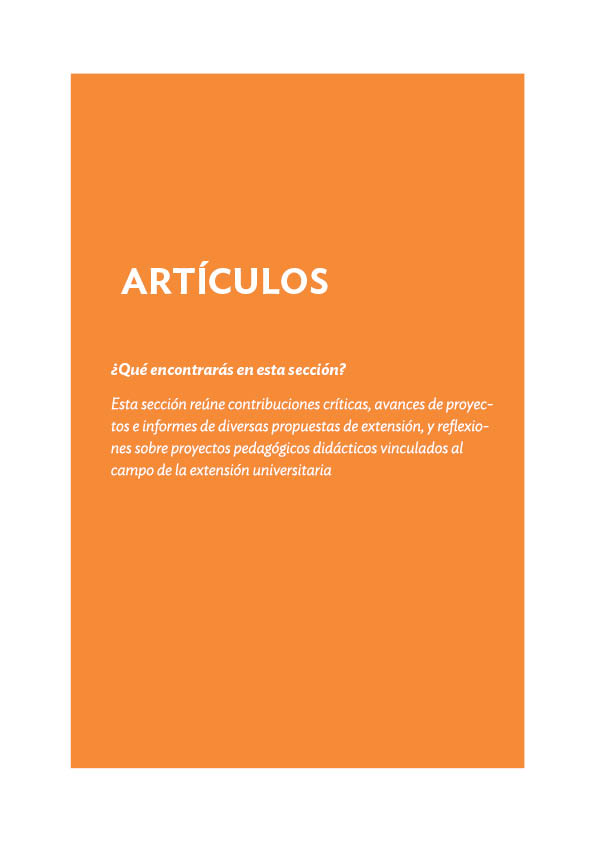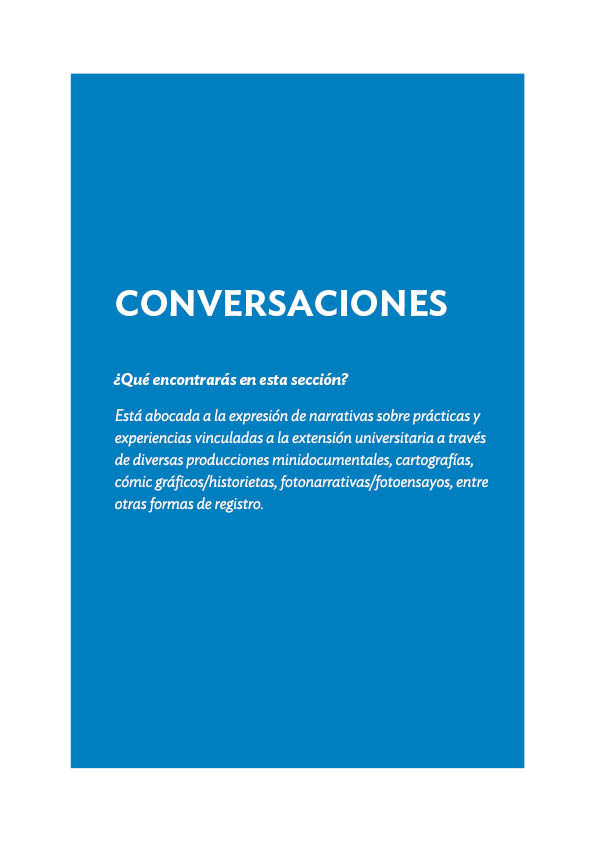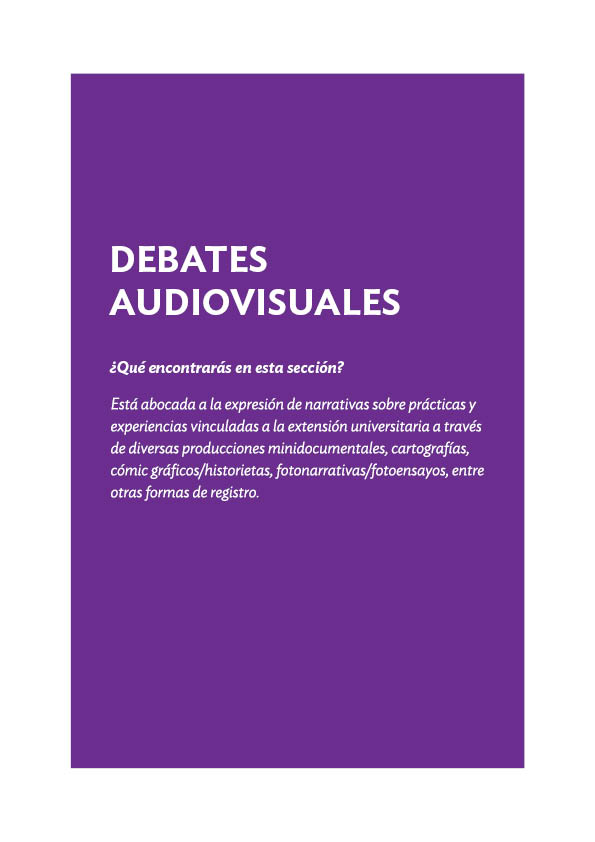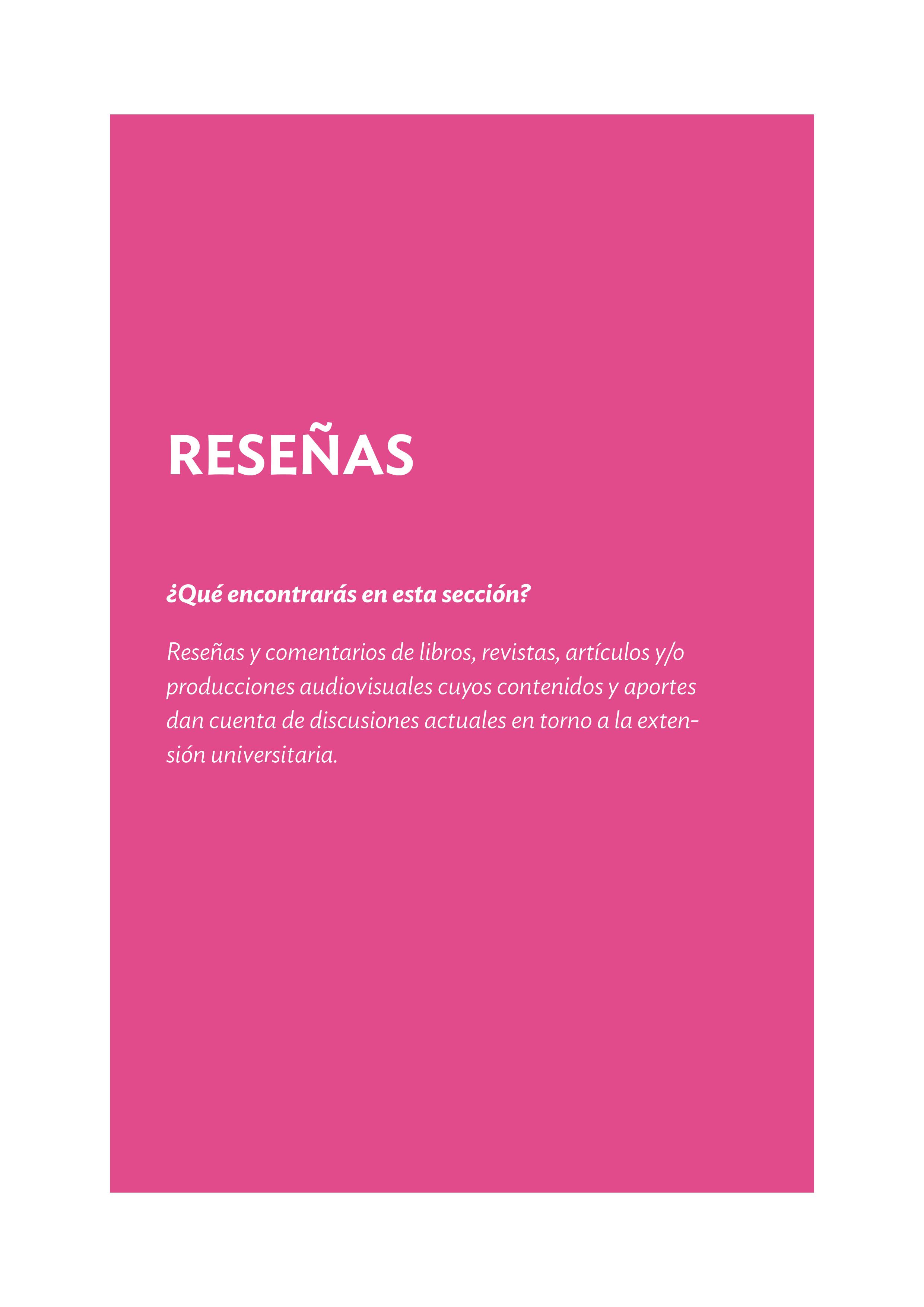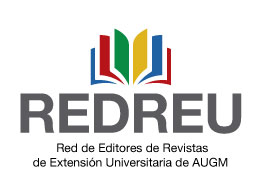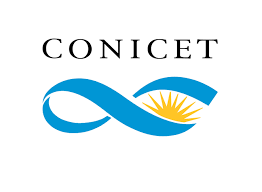Vol. 9 No. 14 (2022): Peasant struggles and resistance: views from weaving in university extension
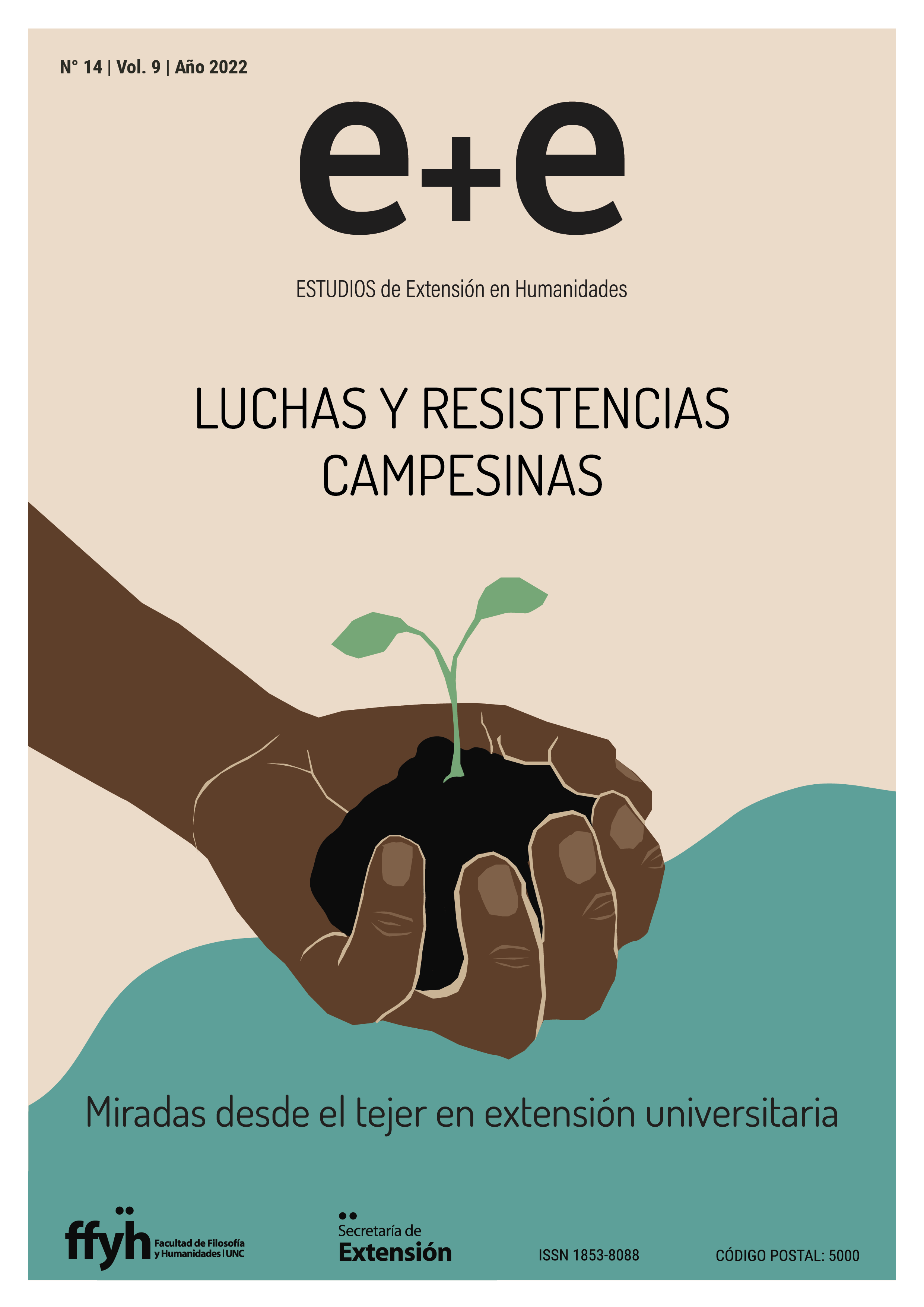
Humanity is currently at an unprecedented crossroads. We are witnessing a global environmental crisis that puts life, in all its forms, at serious risk on the immediate horizon.
This scenario calls for urgent responses. Climate change, produced by the predatory and ecocidal action of capitalism, is based on a set of historical social relations in which capital exploits the energies of the planet's resources in a way that
capital depletes the energies of people and nature. Agribusiness, as the hegemonic productive and commercial model imposed by Transnational Agricultural Corporations, is undoubtedly one of the main causes of environmental deterioration, land grabbing and the forced exodus of thousands and thousands of peasant farmers.
This dossier seeks to make visible the long history of peasant struggles and resistances to the compulsion of capital (Bartolomé Bartolomé).
of capital (Bartra: 2006), its multiple and varied territorial experiences, its achievements and challenges.
challenges. The aim is to make visible the diversity, the difference and the concrete ways in which Latin American peasants are facing
Latin American peasants face the expelling pressures of agribusiness. It is a matter of
to understand, listen to and accompany the struggles for the defense of land, the demand for food sovereignty and the self-determination of the
sovereignty and self-determination of the peoples, the unrestricted defense of the environment, the right to identity, to territory, to the
to identity, to territory, the constant and daily struggle against gender asymmetries, among others.
It is essential to highlight the intersectional character of these struggles and the way in which they call upon and challenge the rest of the collectives.
and interpellate the rest of the collectives and organizations of the civil society. For example, when we refer to food
food sovereignty we do not refer only to the right of small producers to produce and feed the population.
to produce and feed the population, but we can also visualize the deep political content of this demand and its enormous potential.
political content of this demand and its enormous potential to address the huge social asymmetries. This is a struggle that challenges us all and that, according to McMichael, implies assuming a peasant point of view that gives back to the people the right to think and organize their food system, taking care of their health, respecting the diversity of cultural practices and avoiding the rupture of the metabolic balance.
To summon and evoke those who create rurality in this obstinate construction of inhabiting territories and are questioning the thinking of the academy to build with others possible civilizing worlds that propose life in a reproductive cycle and care without price, where care and community have their vital space of importance, considering the natural goods, spaces and relationships that are linked from a non-commercial framework.
The construction of the story of a peasant reality where the state builds absences and where its protagonists daily dispute invisible agendas but with irruptive depths. Recovering struggles, projects and dignities is what these territories in struggle call us to today.
